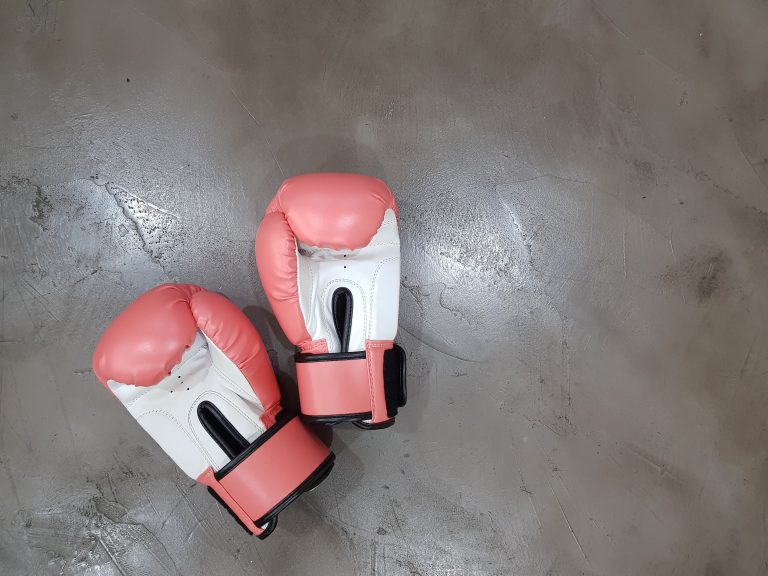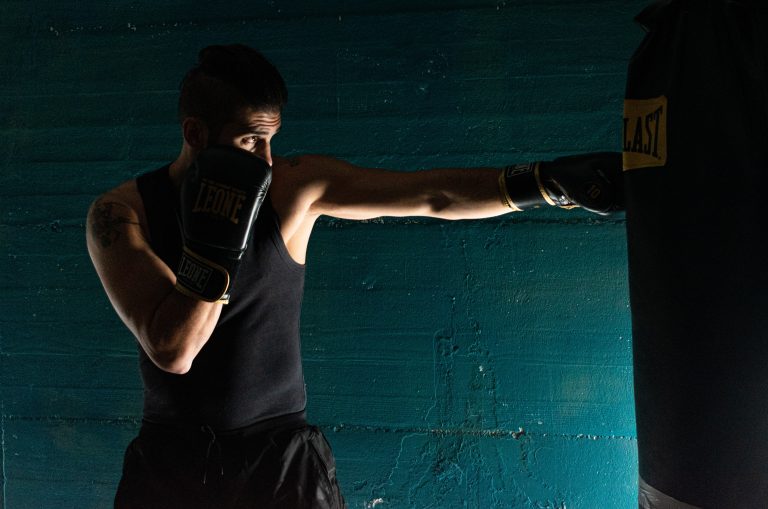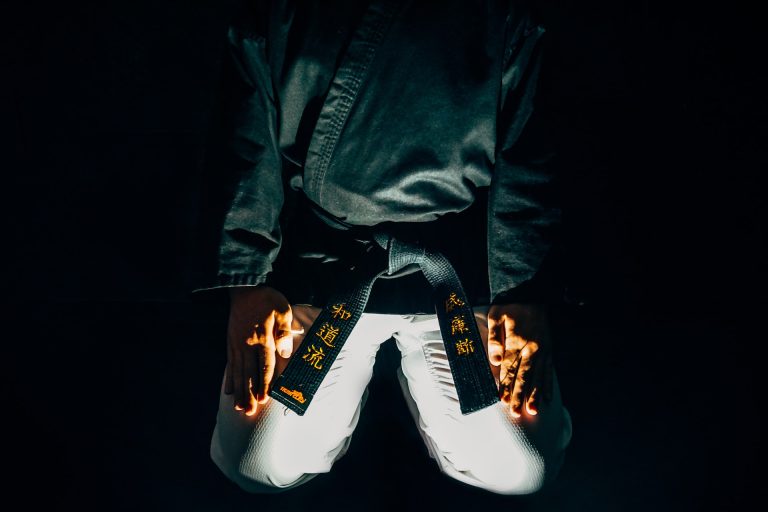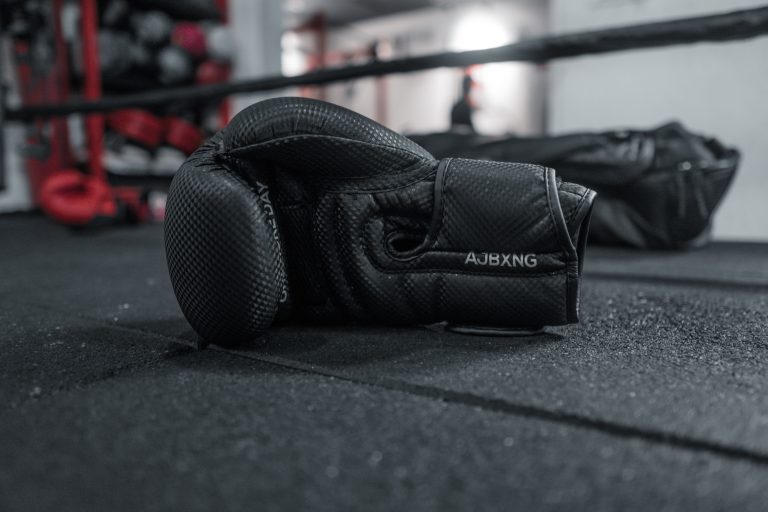The Benefits of Near-Daily Karate Training
Karate is a martial art with a long history and numerous benefits. A dedicated student of karate can expect to gain a wide array of physical, mental, and spiritual benefits. While some people may find that regular classes every month or even just a few times a year is enough to keep them in shape, others may find that it benefits them to increase the frequency of their training and engage in near-daily karate training.
This post seeks to explore the specific benefits of engaging in near-daily karate training. We’ll look at how regular karate training can improve physical fitness, mental wellbeing, and spiritual development. We will also discuss the advantages and disadvantages of near-daily karate training and provide some tips and strategies to maximize the benefits of this type of training.
The Benefits of Regular Karate Training
Karate is a martial art that originated in Japan centuries ago. It is a comprehensive system of combat techniques, exercises, and philosophies that combine to form a powerful physical and mental discipline. Those who dedicate themselves to studying karate can expect to reap a variety of benefits including physical fitness, mental wellbeing, and spiritual development.
Physical Fitness
Karate training involves an array of physical activity, from strenuous exercises and drills to thrilling sparring sessions. All this activity helps your body become stronger and more resilient. Regular karate training builds muscular strength, increases endurance, promotes balance and coordination, and teaches you how to properly and safely utilize your body. It provides a comprehensive full-body workout that’s a great way to stay active and maintain your physical condition.
Mental Wellbeing
Karate training has tangible mental health benefits as well. It helps reduce stress, foster self-discipline, improve focus and concentration, increase observational skills, and teach you problem-solving techniques. The problem-solving aspect of karate comes primarily from the sparring component of the martial art, where students must think strategically in order to prevail. Karate training also helps foster a sense of personal accomplishment by teaching students to push their limits.
Spiritual Development
In addition to its physical and mental health benefits, karate also has serious spiritual benefits as well. Studying karate will provide you with a set of principles and values that can influence all aspects of life. Karate philosophy is centered around finding yin and yang in all things and the importance of maintaining a balance between mind and body. It teaches respect, reverence for one’s opponent, humility, courage, morality, peacefulness, and mindfulness.
Advantages & Disadvantages of Near-Daily Karate Training
So we now know the benefits of regular karate training, but what about near-daily karate training? Near-daily karate training has its own unique set of advantages and disadvantages compared to lower frequency forms of training.
The Advantages
The primary advantage of near-daily karate training is that it can accelerate the gains you make from your training sessions. By increasing the frequency of your practice you are able to focus on the skills you are learning more intensely. This can help speed up your progress as well as deepening your understanding of the material. By honing your skills on a more regular basis you can also improve your muscle memory when it comes to techniques and combinations, allowing them to become second nature with less effort being required. Furthermore, by pushing yourself to engage in regular practice you are better able to build up the discipline needed to make more improvements in other aspects of life such as diet or study habits.
The Disadvantages
On the flip side, near-daily karate training may be too much for some people. Too many sessions could lead to fatigue or burnout if not managed properly. It’s important to remember that even martial artists need adequate rest between sessions in order for their bodies to recover. Too much intense activity can lead to injuries or stress on the body which isn’t ideal if you’re looking to improve in other aspects of your life such as work or school. You also need to be mindful when selecting which style of karate you choose; certain styles require more technical nuance than others which requires more regular practice in order to properly commit the techniques from class to muscle memory.
Tips for Making Near-Daily Karate Training Work for You
So if executed properly, near-daily karate training can reap many rewards – be it physical fitness, mental wellbeing, or spiritual development – but it must also be handled carefully. Below are some tips that should help you make the most out of near-daily karate training:
- Choose the right style: Different styles require different amounts of practice in order to master them properly so it’s important to choose a style at which you feel comfortable with the amount of practice required.
- Focus on specific skill sets: Rather than attempting to learn new skills every session, dedicate sessions when needed to practice the specific skill sets you’ve already introduced into your classes.
- Time your rest periods: Let your body rest until it feels ready for another session and restrict yourself from doing sessions back-to-back.
- Listen to your body: Monitor how your body responds to intense activity and if needed make adjustments in recovery time or intensity.
- Have fun: Remember to keep things fun because without happiness you won’t make the most out of any learning opportunity.
In conclusion, engaging in near-daily karate training can be beneficial if done properly. While there are some risks associated with this type of intense martial practice such as possible injuries or fatigue, they can be minimized by approaching near-daily karate practice with an appropriate level of discipline and respect for your body by taking adequate rest times between sessions when necessary. Following this advice should help you get the most out of your near-daily karate practice while also avoiding any potential issues along the way.
The Benefits of Regular Karate Training: Frequently Asked Questions
Karate is a Japanese martial art that has been around for centuries. Over the years, karate has grown in popularity worldwide due to its numerous benefits, from physical fitness to mental wellness. In this article, we’ll answer some of the most frequently asked questions about the benefits of regular karate training.
What is Karate?
Karate is a martial art that originated in Okinawa, Japan, in the late 19th to early 20th century. It emphasizes striking techniques like punches, kicks, and knee strikes while also having some grappling and throwing techniques. Karate also focuses on developing skills like focus, discipline, and self-defense.
What are the Physical Benefits of Regular Karate Training?
Regular karate training can improve your physical fitness in several ways. Firstly, it can help you maintain a healthy weight by burning calories and building muscle. Secondly, it can improve your endurance, flexibility, and balance. This can make you stronger and more agile, allowing you to perform daily activities with ease. Moreover, regular karate training can increase your cardiovascular health, which reduces the risk of heart disease, stroke, and other related diseases.
What are the Mental Benefits of Regular Karate Training?
Karate also has numerous mental benefits that can enhance your overall well-being. For instance, training in karate can help you develop better focus and concentration skills. This is because karate requires you to focus on your movements and your breathing, which can improve your mindfulness. Additionally, karate can improve your self-confidence and self-esteem by teaching you self-defense techniques that you can use in real-life situations. This can also make you more assertive and help you reduce stress and anxiety.
What Age Groups Can Benefit from Karate?
Karate is a martial art that can be practiced by people of all ages, from children to adults. Children can start karate training as young as four years old, and adults can train well into their golden years. For children, karate can help instill discipline, self-confidence, and focus. It can also help them develop motor skills and social skills. For adults, karate can help improve physical fitness, reduce stress, and boost self-esteem.
Can Karate Help with Self-Defense?
Yes, karate can be an excellent way to learn self-defense techniques. Karate teaches techniques like punches, kicks, and blocks, which can be used to defend yourself against an attacker. Additionally, karate can help you develop situational awareness, which means that you will be more attuned to your surroundings and potential threats. By learning these skills, you can better protect yourself in dangerous situations.
What Equipment Do I Need for Karate Training?
For karate training, you will need the following equipment:
- Karate uniform (Gi)
- Belt (color coded for rank)
- Protective gear (mouthguard, groin guard, chest protector, etc.)
- Hand and foot pads
What Can I Expect from Karate Classes?
Karate classes typically start with a warm-up session, followed by a stretching routine to help prevent injuries. Afterward, you will practice various techniques like blocks, kicks, and punches. Depending on the class, you may also practice grappling and throwing techniques. Finally, the class will end with a cool-down session and some meditation or breathing exercises.
What are the Different Styles of Karate?
Karate has various styles that differ in their techniques, principles, and origins. Some of the most popular styles of karate include:
- Shotokan Karate
- Goju-Ryu Karate
- Shito-Ryu Karate
- Wado-Ryu Karate
- Kenpo Karate
Overall, regular karate training has numerous benefits that can enhance your physical fitness, mental wellness, and overall well-being. By incorporating karate into your regular exercise routine, you can develop better focus, discipline, and self-defense skills that can help you in all aspects of your life.
Inhaltsverzeichnis






